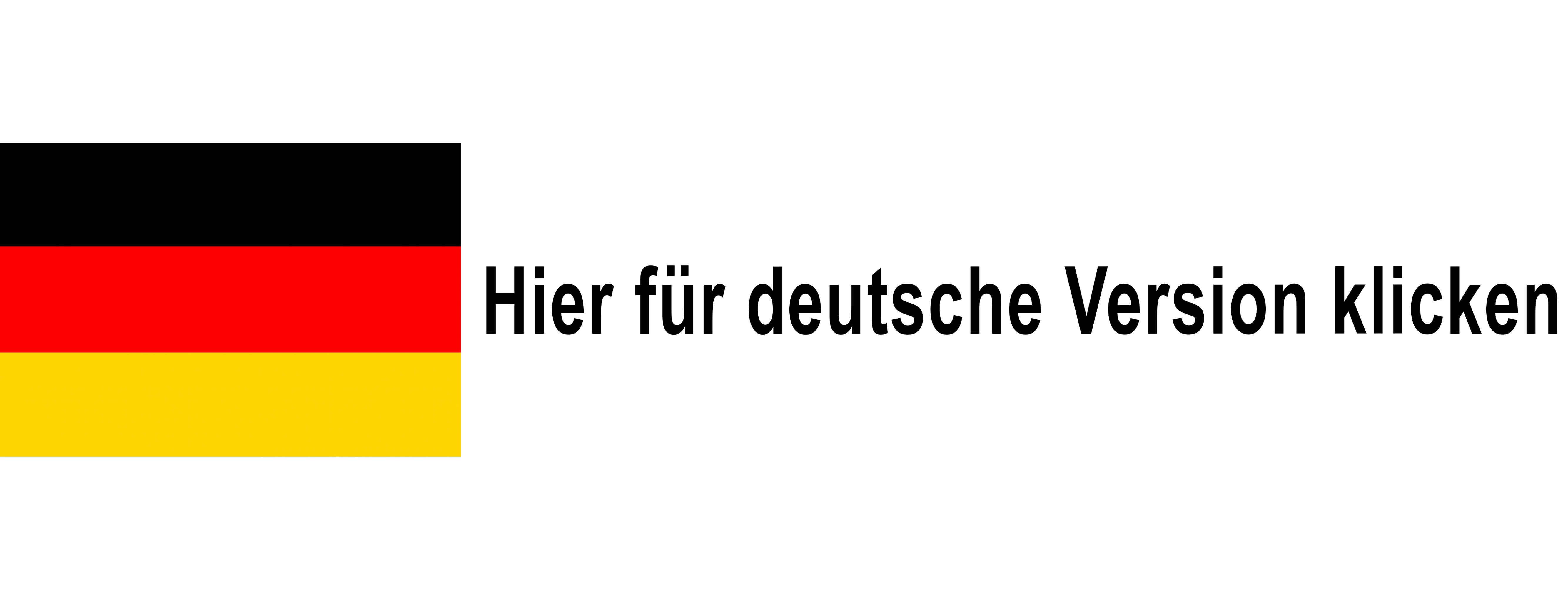- GU Home
- Faculties
- Faculty 03 Social Siences
- Students
- Study Programs at the Faculty of Social Sciences
- Master of Arts Political Science
- Content and Structure M.A. Political Science
- Content & Structure M.A. Political Science - Study Regulations 2022
- Information for Students
- Information for First Semesters
- Information for Prospective Students
- Study Programs at the Faculty of Social Sciences
- Bachelor of Arts Political Science Major
- Bachelor of Arts Political Science Minor
- Bachelor of Arts Sociology Major
- Bachelor of Arts Sociology Minor
- Bachelor of Arts Gender Studies Minor
- Master of Arts Political Science
- Master of Arts International Studies / Peace and Conflict Research
- Master of Arts Political Theory
- Master of Arts Sociology
- Master of Arts Economic Sociology
- Master of Arts Comparative Democracy
- Internship
- Vocational Orientation
- Examinations and Examination Office
- Student Counselling
At a Glance
|
Standard period of study: |
4 semesters (2 academic years) |
|
|
Programme start: |
Winter semester only |
|
|
Admission restrictions: |
Admission to the programme is restricted. |
|
|
Scale: |
120 credit points (CP) |
|
|
Number of modules: |
5 compulsory modules, 3 compulsory elective module |
|
|
Module examination formats: |
Term
paper |
|
|
Languages of instruction: |
German, English |
|
|
Programme Directors: |
Modules & Content Structure of the M.A. programme Political Science
The Master's programme in Political Science has a modular structure. The programme is divided into five compulsory modules and three compulsory elective modules.
Compulsory modules
Content:
- Paradigms of political science
- Central approaches and debates of the subject
- history of the subject
- Research practice and research design
- Various approaches to methodology
Final module examinations, coursework and proof of participation:
Students must provide evidence of active participation in a lecture series (3 CP), a seminar in the area of paradigms (3 CP) and a seminar in the area of research design (3 CP). The module concludes with a written examination, oral examination or term paper (5 CP) following one of the seminars attended.
The module is completed with a total of 14 credit points
Content:
- Paradigms of political science
- Central approaches and debates of the subject
- history of the subject
- Research practice and research design
- Various approaches to methodology
Final module examinations, coursework and proof of participation:
Students must provide evidence of active participation in a lecture series (3 CP), a seminar in the area of paradigms (3 CP) and a seminar in the area of research design (3 CP). The module concludes with a written examination, oral examination or term paper (5 CP) following one of the seminars attended.
The module is completed with a total of 14 credit points
Module 2: Sub-area I (compulsory elective module selectable from one of the three sub-areas)
Final module examinations, academic achievements and proof of participation:
Students must provide evidence of active participation in two seminars (3 CP each). The module concludes with an oral examination or term paper (5 CP) following one of the seminars attended.
The module is completed with a total of 11 credit points.
Module 3: Sub-area II (compulsory elective module selectable from one of the three sub-areas, which is NOT the same as in Module 2)
Final module examinations, academic achievements and proof of participation:
Students must provide evidence of active participation in two seminars (3 CP each). The module concludes with an oral examination or term paper (5 CP) following one of the seminars attended.
The module is completed with a total of 11 credit points.
Module 4: Study specialisation (students choose one of the three options in Module 4 from the sub-areas already covered in Module 2 or 3)
Political Theory
Contents:
Students acquire knowledge related to
- theoretical and empirical content in one of the three areas "Political Theory" which they have already taken in Module 2 or 3;
- an extended interdisciplinary social science perspective;
- specific research specialisations of their own choice.
Comparative Political Science
Content:
Students acquire knowledge related to
- theoretical and empirical content in "Comparative Politics", which they have already taken in Module 2 or 3;
- an extended interdisciplinary social science perspective;
- specific research specialisations of their own choice.
International relations
Content:
Students acquire knowledge related to
- theoretical and empirical content in "International relations", which they have already taken in Module 2 or 3;
- an extended interdisciplinary social science perspective;
- specific research specialisations of their own choice.
Political Theory
Contents:
Students acquire knowledge related to
- theoretical and empirical content in one of the three areas "Political Theory" which they have already taken in Module 2 or 3;
- an extended interdisciplinary social science perspective;
- specific research specialisations of their own choice.
Comparative Political Science
Content:
Students acquire knowledge related to
- theoretical and empirical content in "Comparative Politics", which they have already taken in Module 2 or 3;
- an extended interdisciplinary social science perspective;
- specific research specialisations of their own choice.
International relations
Content:
Students acquire knowledge related to
- theoretical and empirical content in "International relations", which they have already taken in Module 2 or 3;
- an extended interdisciplinary social science perspective;
- specific research specialisations of their own choice.
Final module examinations, academic achievements and proof of participation:
Students must provide evidence of active participation in two seminars (3 CP each). The module concludes with a term paper (5 CP) following one of the seminars attended.
The module is completed with a total of 11 credit points.
Compulsory modules:
Content:
The research internship is offered in the fields of comparative politics and international relations or with a methodological focus.
Final module examinations, academic achievements and proof of participation:
The research internship can be attended as a one-semester seminar with 4 SWS or as a two-semester seminar with 2 SWS each (6 CP).
The module concludes with a term paper (8 CP).
The module is completed with a total of 14 credit points.
Content:
Courses can be chosen individually from the courses offered by Goethe University and the institutions cooperating with the Department of Social Sciences.
The prerequisite is always that the responsible lecturer is prepared to accept the students.
Final module examinations, academic achievements and proof of participation:
The allocation of credit points always depends on the organising department.
In this module, all courses can be taken that have a CP entry in the course catalogue.
Activities in the field of university policy commitment can also be recognised with up to 5 CP. The activity must be carried out for at least one year. The following CPs can be credited for involvement in higher education policy: ASTA board (5CP), ASTA department (3CP), student parliament presidium (3CP), senate (5 CP), faculty council (3CP), equal opportunities council (3CP), appointments committee (3CP), institute directorates (3CP), study commission (3CP), accreditation commission (3CP), QSL commission (1CP), examination board (1CP), student council conference (3CP); In addition, up to 2 CP (1CP per semester) can be recognised for active participation in the student council. The crediting of CP in the context of active participation in the student council, which exceeds the usual voluntary commitment, must be applied for by the student council at the Examination Board.
If it is not possible to register for examinations electronically, evidence must be submitted to the Examination Office in a suitable form.
A total of 16 CP are recognised.
The module is completed with a total of 16 credit points.
Grades in the optional module are not included in the overall grade.
Content:
Students gain an insight into the structure and work organisation of the institution providing the internship and work actively within it.
The internship should be carried out in an area relevant to politics in the broadest sense, e.g. at a public institution, associations, non-governmental organisations, private companies, etc. The students find out to what extent political and social science methods and competences are applied in professional practice and thus receive impulses and orientation for their future career choice. By being involved in everyday work processes, students acquire practical skills and competences for everyday working life, which are only acquired to a limited extent in this form during their university studies.Students are expected to make their own efforts to find a suitable internship position. The internship can be completed during the semester break or during the course of study, full-time or part-time, in one go or split up over time.
The experience gained during the internships is supervised and integrated into the degree programme through participation in a study day (AG) and the provision of evidence at the study day (e.g. in the form of a poster presentation or an experience report). The dates for the study day are announced in the course catalogue before the start of the semester.
Final module examinations, academic achievements and proof of participation:
At least 330 hours must be completed in the internship. Longer internships are always possible. Students receive 11 credit points for completing the hours. Students receive 1 credit point for successful participation in the study day.
The internship does not have to be registered with the department in advance. There is no electronic examination registration for the internship. It is booked via the module slip for the internship.
The module is completed with a total of 12 credit points. There is no grade for the internship module.
Content:
The students should demonstrate their ability to develop, appropriately present and argumentatively answer a comprehensive scientific question in the form of a Master's thesis. They attend an accompanying colloquium, present and reflect on their research work and put it up for discussion.
Final thesis and proof of participation:
In the colloquium, students provide proof of participation and receive 3 CP for this. If possible, we recommend taking the colloquium in the semester before writing the final thesis or alongside it. If possible, students should attend the colloquium with the person who is also supervising their final thesis.
Students receive 25 credit points for the final thesis. The thesis is not registered via the electronic examination registration. Students use the form to register their Master's thesis. Students must find their own supervisor at least one semester in advance. The second supervisor can also be assigned by the Examination Office on request.
Students have 5 months from the time of registration to write their thesis.
You can register your Master's thesis as soon as you have successfully completed 56 CP.
Students take the oral examination (defence of the Master's thesis) after the thesis has been corrected. Students coordinate the date with their supervisor. Students receive 3 credit points for the oral examination.
The entire module is completed with 31 credit points.
Contact
Dipl.-Soz. Alexander Simon
Student counselling for B.A. programs in Political Science and
Sociology / Student counselling for M.A. programs / M.A. admission /
B.A./M.A. internship counselling
E-Mail:
studienfachberatung.fb03@soz.uni-frankfurt.de
PEG Room 2.G 133
Open consultation hours:
Tuesday 11a.m - 1p.m.
Thursday 11a.m. - 1 p.m.
In lecture free time only on Tuesdays
Open telephone consultation hours:
Wednesday 11a.m - 1p.m.
or by individual arrangement
Goethe-University
Department 03
PEG-Building
Theodor-W.-Adorno-Platz 6
60323 Frankfurt am Main
- Studying at Goethe University
- International applicants
- Faculties
- Overview of study programmes
- Programme for refugees
- GRADE
- Goethe Business School (continuing education)
- Research at Goethe University
- Scientific news
- Goethe Welcome Center (for international researchers)
- Collaborative research projects
- Individual research
- Visiting fellowships
- Endowed chairs
- About the University
- News-in-brief
- University administration
- Campus locations
- Campus life
- University archives (German)
- Rhine-Main-Universities









